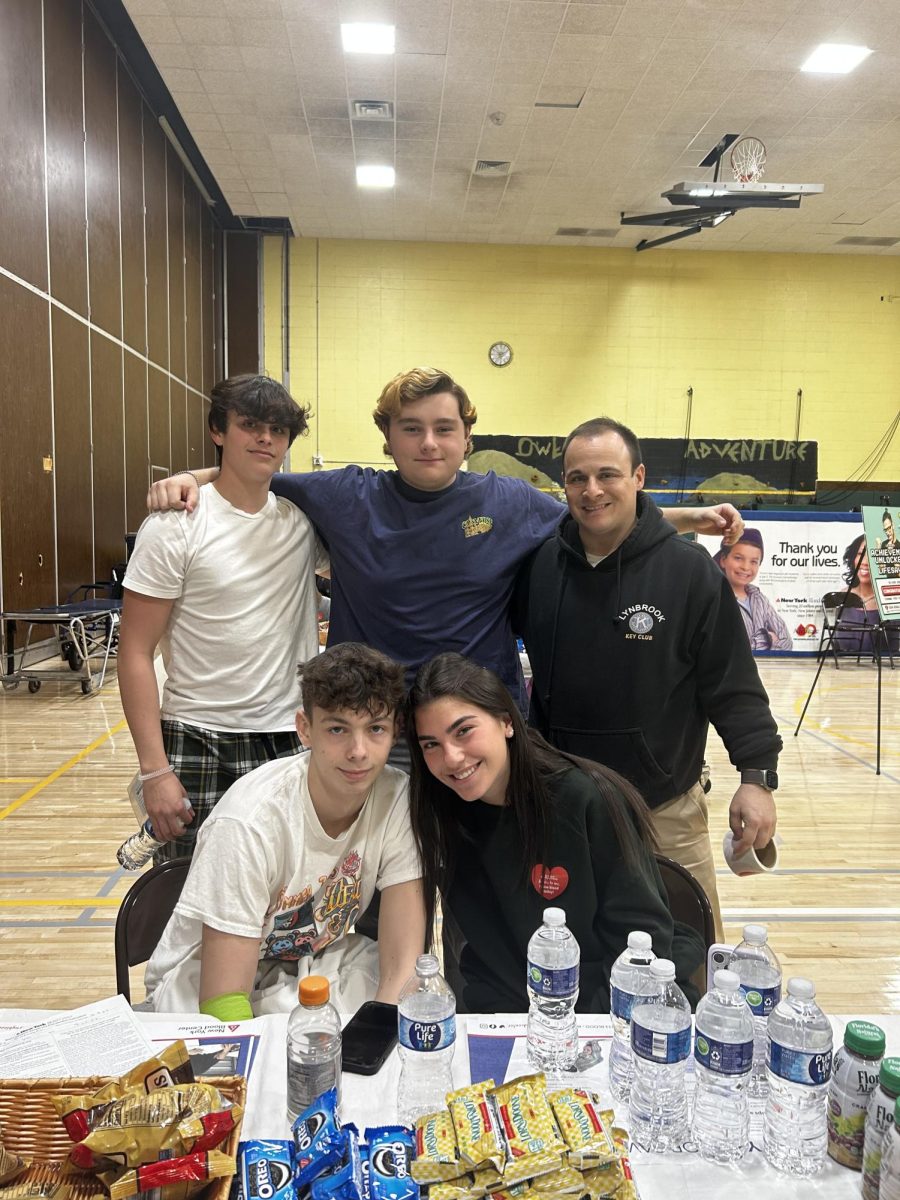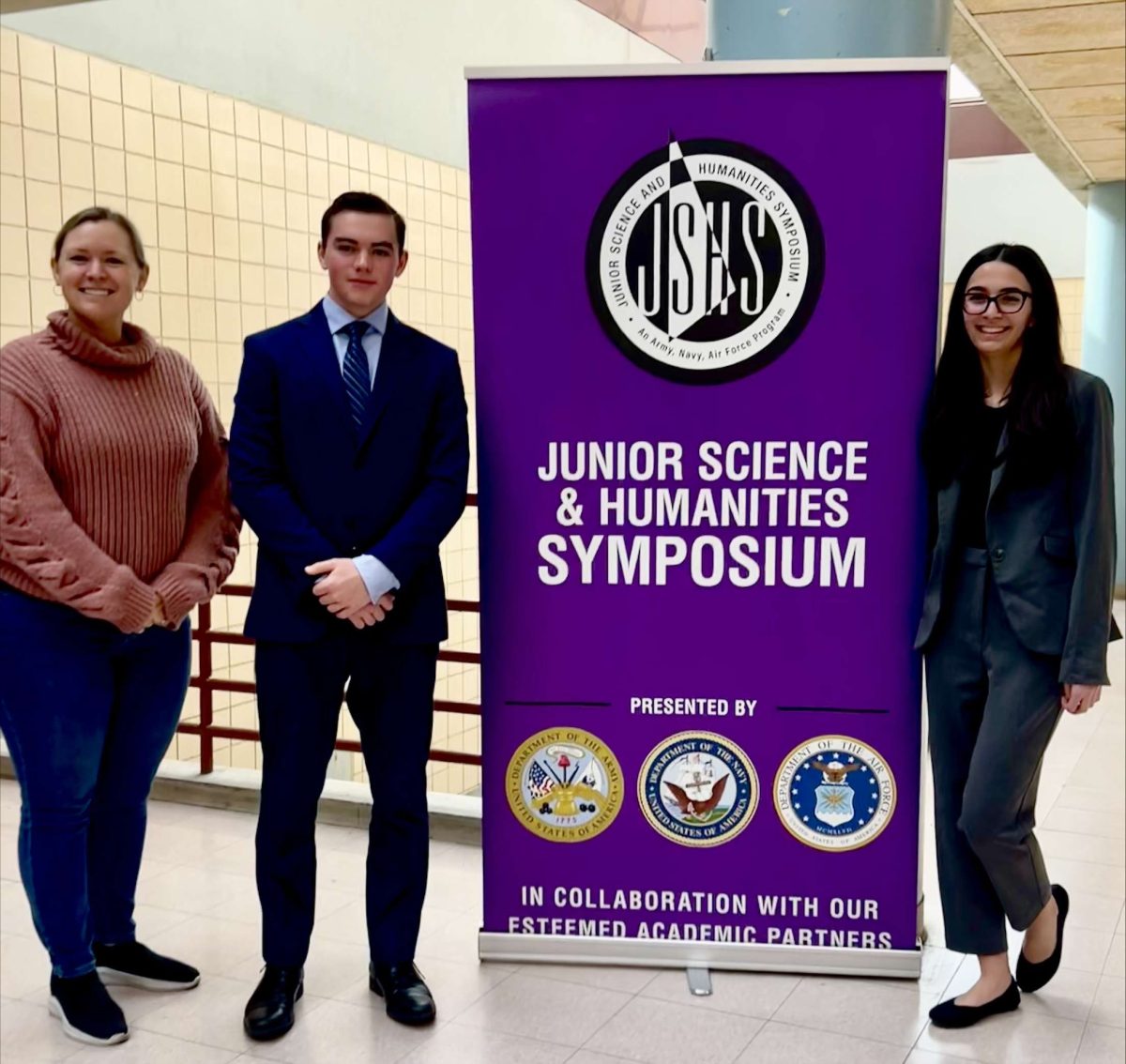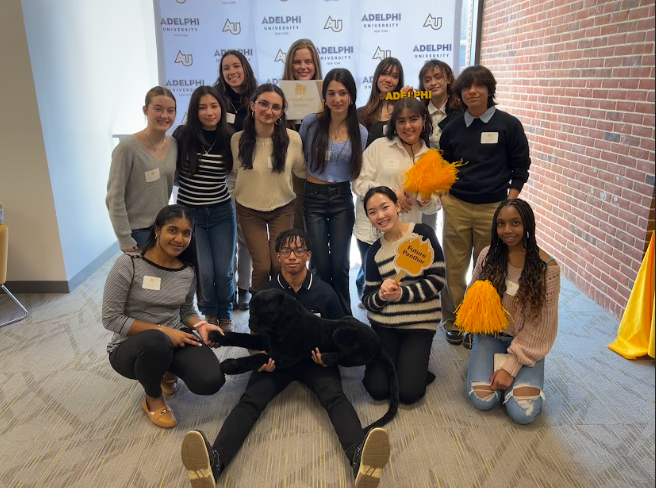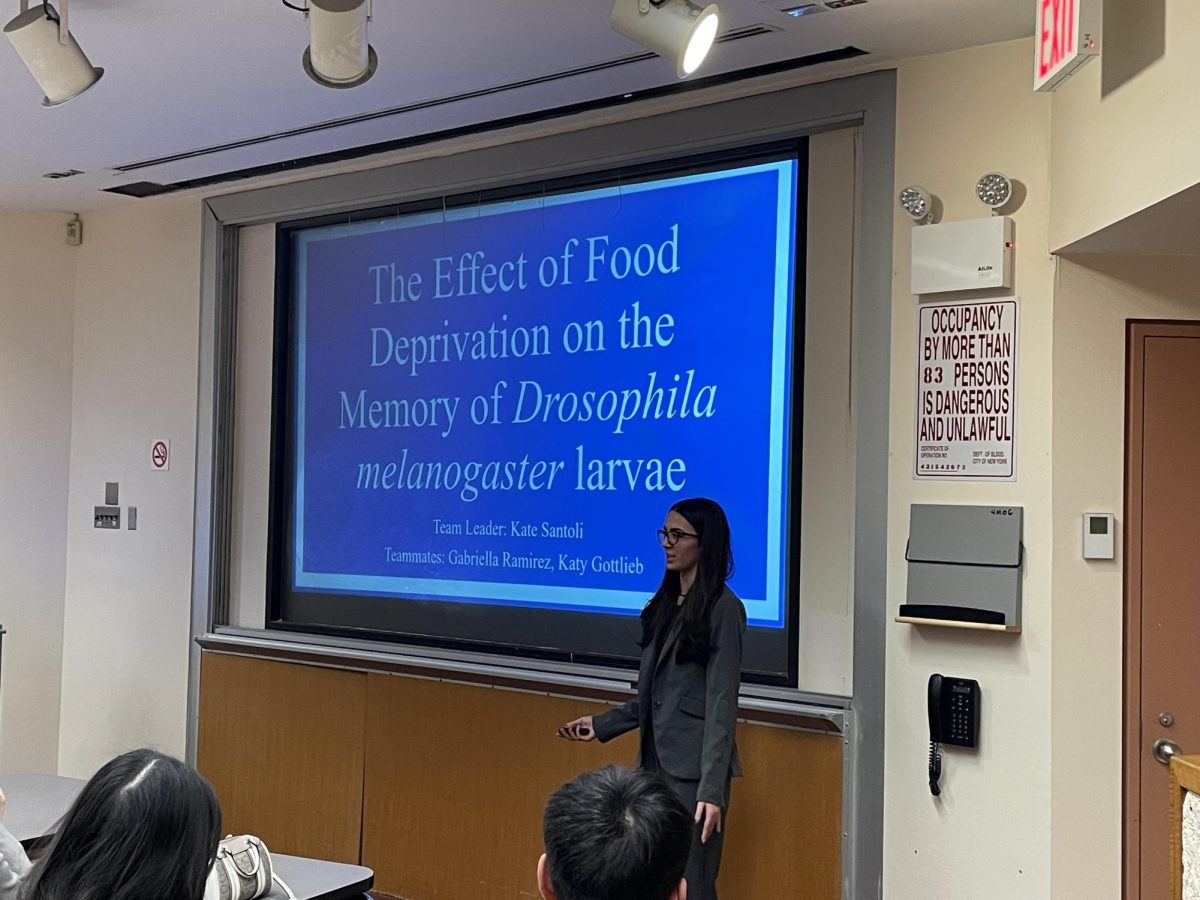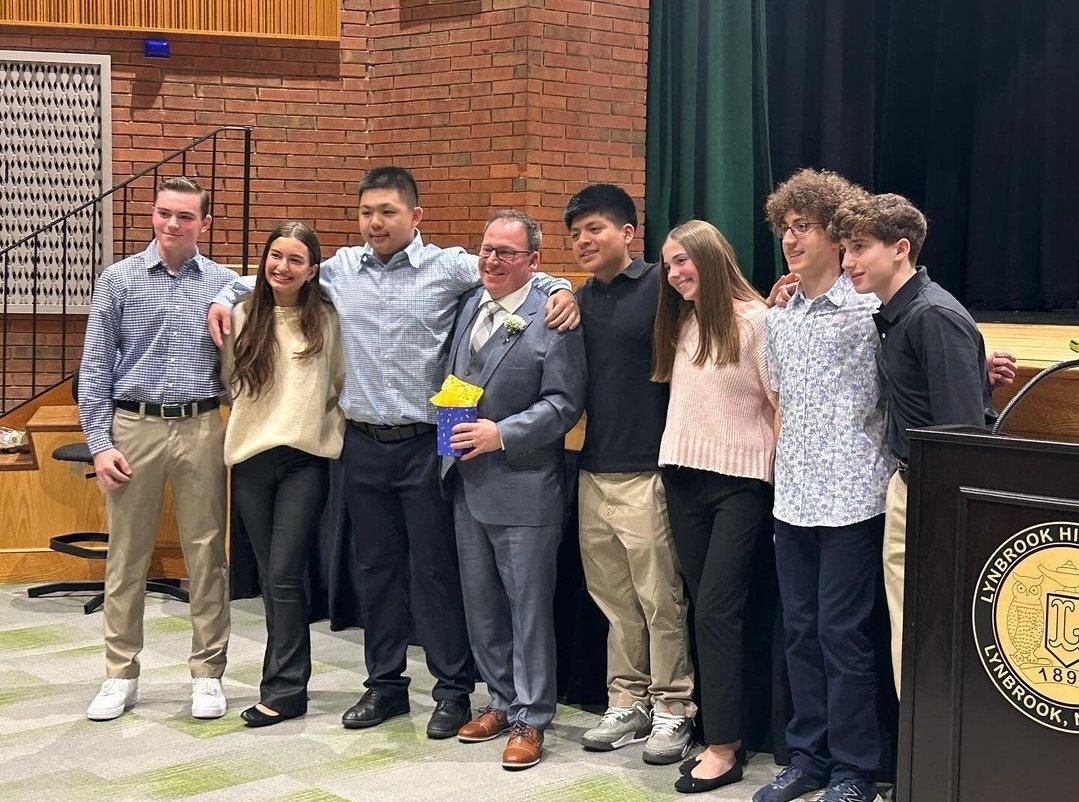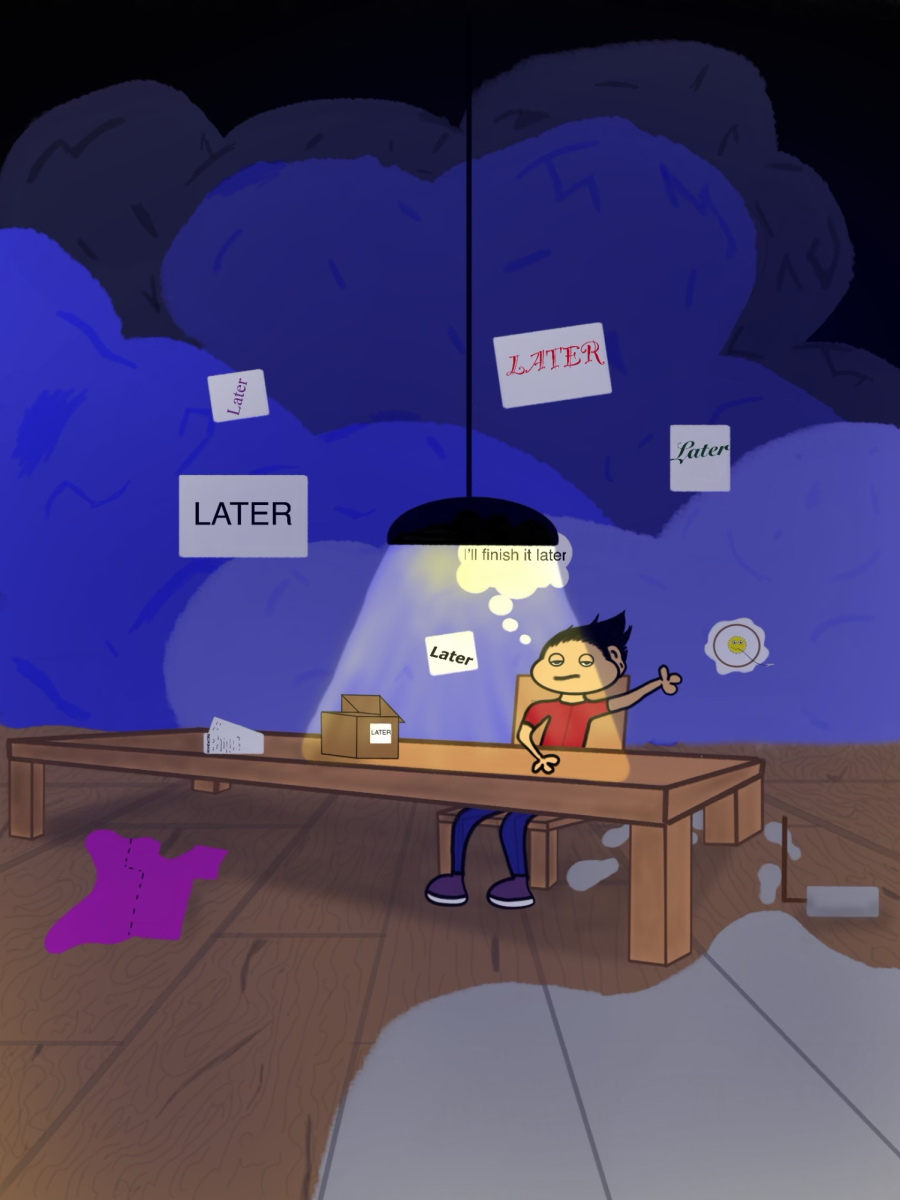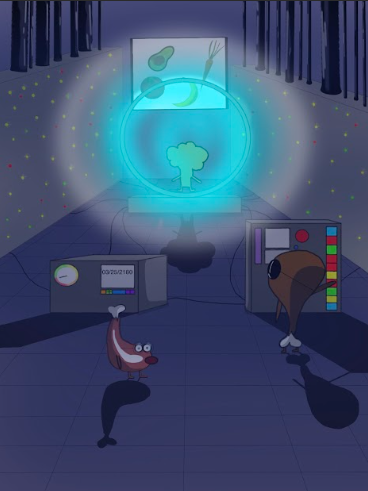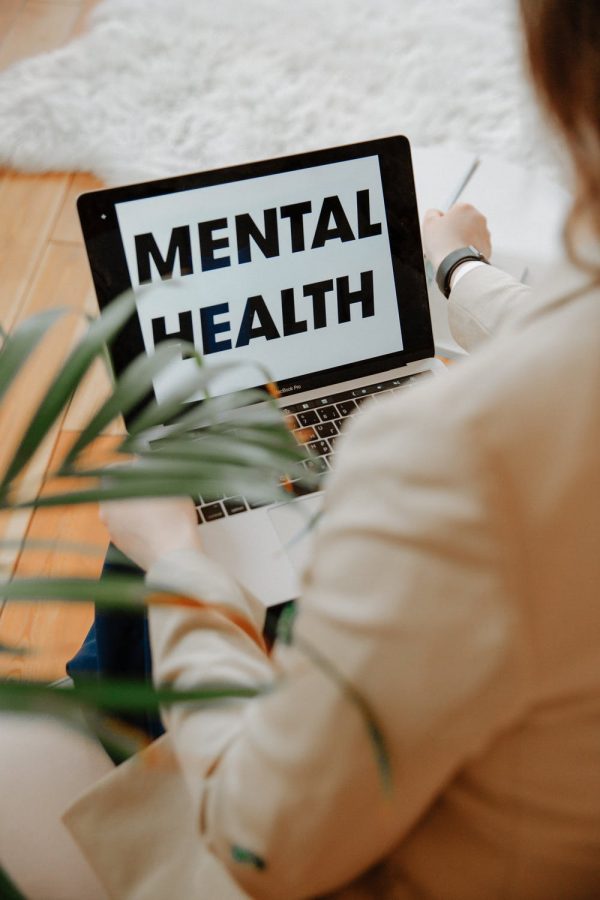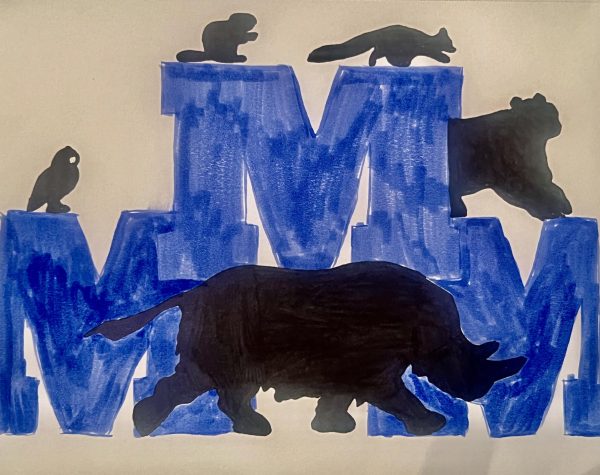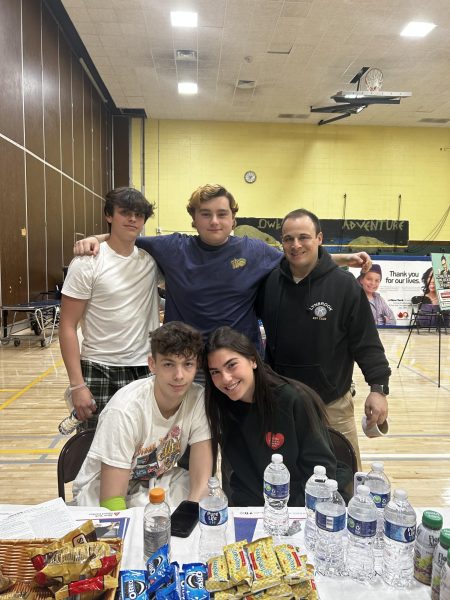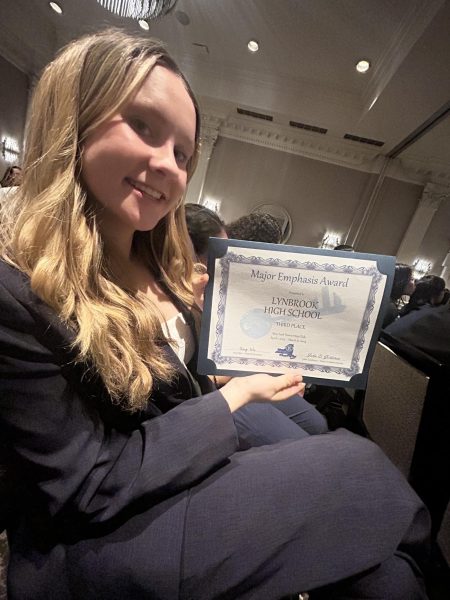Mental Health Support at LHS
During times of personal and communal struggle, it is always good to check in on your mental health and wellbeing. As times have changed, people have started to become more vocal about therapy and talking to someone. Talking to a therapist can be good for anyone, even if you do not feel you need to. At LHS, there are many different resources available to students who are struggling emotionally and many different people to talk to. It is very important to be educated on the different ways you can help yourself and your friends.
In the past few years, going to therapy and the stigma around therapy has greatly decreased. With this, the fear of for help with one’s mental health and the need to bottle up one’s feelings has also decreased. Even though the stigma around mental health seems to have diminished, that does not mean it is completely gone. Social Worker Samantha Lancaster commented on the destigmatizing of therapy and asking for help. Lancaster said, “I am thankful that within the past ten years there has been less and less of a stigma about reaching out for help in society. Mental health struggles were something in the past that were not spoken about and often hid in families. Today, mental health awareness is something we at Lynbrook recognize as necessary for the success of students.”
Psychologist Deborah Mann also commented on the destigmatizing of mental health issues. Mann said, “Thankfully it’s becoming less and less of an issue. I think the fact that there are so many support staff members (two psychologists, three social workers, and five guidance counselors) in the building, students view us as part of the infrastructure and are less hesitant to approach us and less likely to feel stigmatized. The administrators and teachers also create warm and safe environments for students and have a great referral system so we’re all able to work together.” Dr. Mann commented on how the recent influx of students reaching out for help has affected her. “First and foremost, I am so grateful that students are increasingly seeking us out for help. Obviously, it also means we are all busier, but it’s awesome to meet such a diverse group of the student body and when we see you all displaying empathy and support for your peers, it definitely lets us know that we’re contributing to an environment of acceptance and concern for others,” said Mann.
Even though there are many ways a student can get in contact with someone for help, some are still apprehensive to do so. Lancaster commented on whether she wished for there to be a more ongoing discussion between the support staff and the student body. Lancaster said, “One of the many special things about Lynbrook is the tight-knit community, and this also translates within the faculty. The support staff in LHS meets regularly as a team and with teachers regarding any concerns or students who may be in need. We also try to push into classrooms on a variety of topics to connect with students and offer programs, like Human Relations Day and Challenge Day, which provide forums for students to really open up. What we’ve found is that high school students don’t like talking in front of their peers, which we totally understand, so having students seek us out, which they do, is a much more useful way of providing appropriate support.” It is very important for students to see and realize how much support there is around them and the number of people rooting for their success.
Given the state of the world today, it is easy to feel alone even when so many people are connected through the Internet. Social media has a large impact on our mental health in different ways. It also impacts how we see ourselves and things happening around us. Guidance Counselor Noelle Santos commented on the connection of social media and students opening up. Santos responded, “I do think the current generation of teens is more openly talking about personal emotions and social experiences, which I think all media, including social media plays a role in. On a positive note, each generation is seeing more diversity in the media, and social media provides a platform for people to express themselves and connect with others through shared experiences. I see it can provide people with a voice and a network they may have not known otherwise. Social media can also provide negative impacts, but let’s keep it positive!” It is important for teens to know that life does not revolve around what other people think of you, but what you think of yourself.
There are many reasons besides the pressures of social media that one might want to talk to someone; this could range from family to school to friends. Dr. Mann was asked whether she believed if the pressures of school affected kids more than the pressures of friends or vice versa. Mann said, “I don’t think there’s a clear-cut answer. I like to think that teenagers are most likely to feel external pressure or stress from one of three places: academics, peers, and family. I think that right now because of COVID-19, health and safety may be an increasingly stressful area as well. But sometimes, we do not know why we are feeling stressed, and this could also be a great reason to seek out help.” No matter what, there are always people who can support you.
Santos added, “In my experience, I have found students to be affected by both the pressures of academics and social situations. It’s hard to say which pressure carries more or less weight on students. I think the overall affect each has on a student depends on the individual and many factors, including their personality type, learned coping-skills, support network, personal values, beliefs, etc… These two pressures are not always mutually exclusive either. A student who is experiencing pressure with a peer or within a peer group can be affected so much so that it has an impact on their academic performance. I’ve also seen students become so consumed by the pressures of school that it impacts their peer relationships and social life as well.” Everyone needs to be aware that they matter, and their life has value. Talking to a professional could help some people come to this realization.

